Sagarmatha Sambaad 2025: From mountains to oceans, Nepal calls for climate action and global solidarity
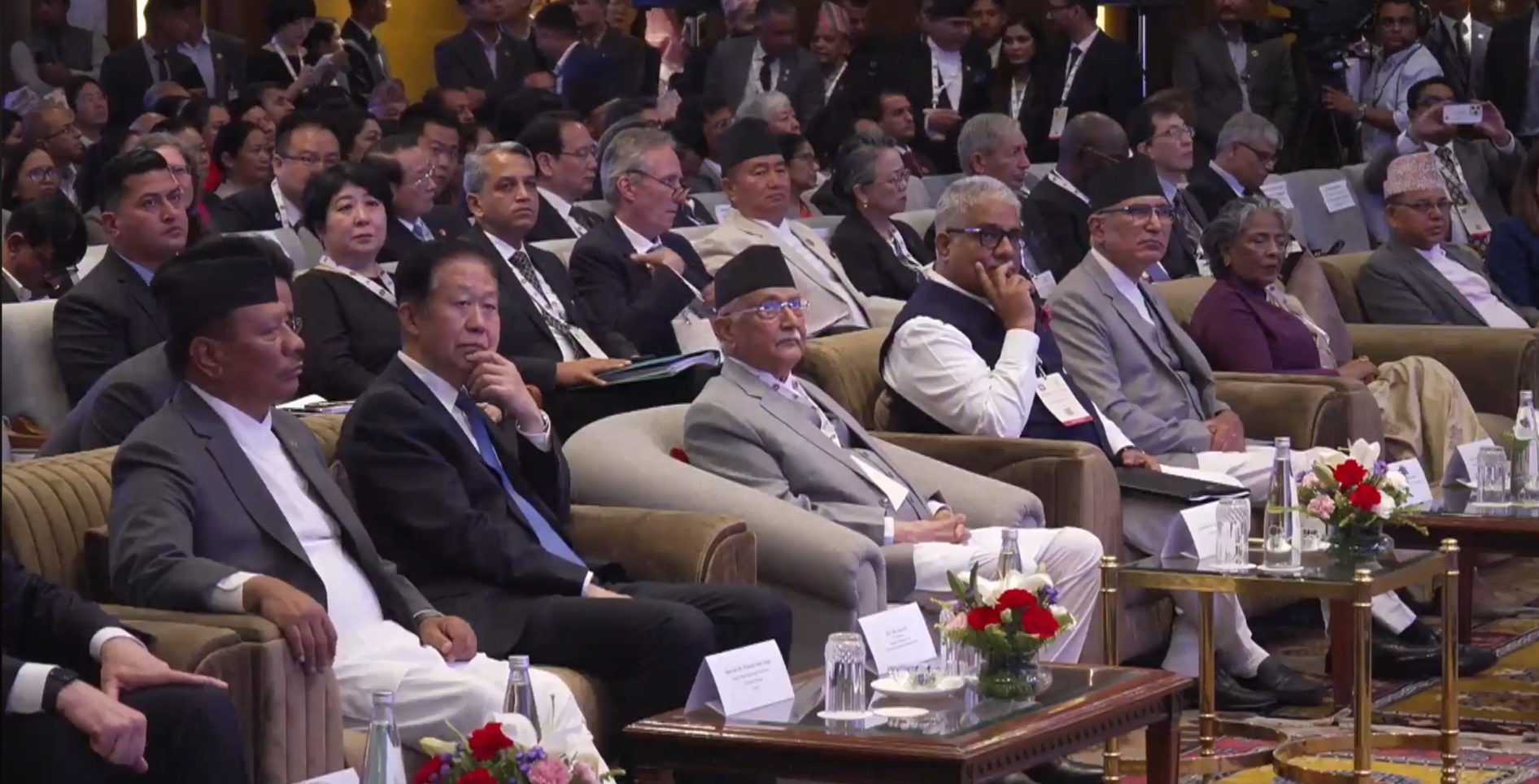
Kathmandu: Nepal officially opened the first-ever Sagarmatha Sambaad today in Kathmandu with a powerful call for urgent global climate action and deeper international cooperation to address the mounting climate crisis, particularly in fragile mountain ecosystems.
Speaking at the inaugural session, Nepal’s Minister for Foreign Affairs, Hon. Dr. Arzu Rana Deuba, welcomed dignitaries, ministers, and delegates from around the world to the dialogue forum named after Mount Everest, known locally as Sagarmatha. The theme of this year’s event is “Climate Change, Mountains and the Future of Humanity.”
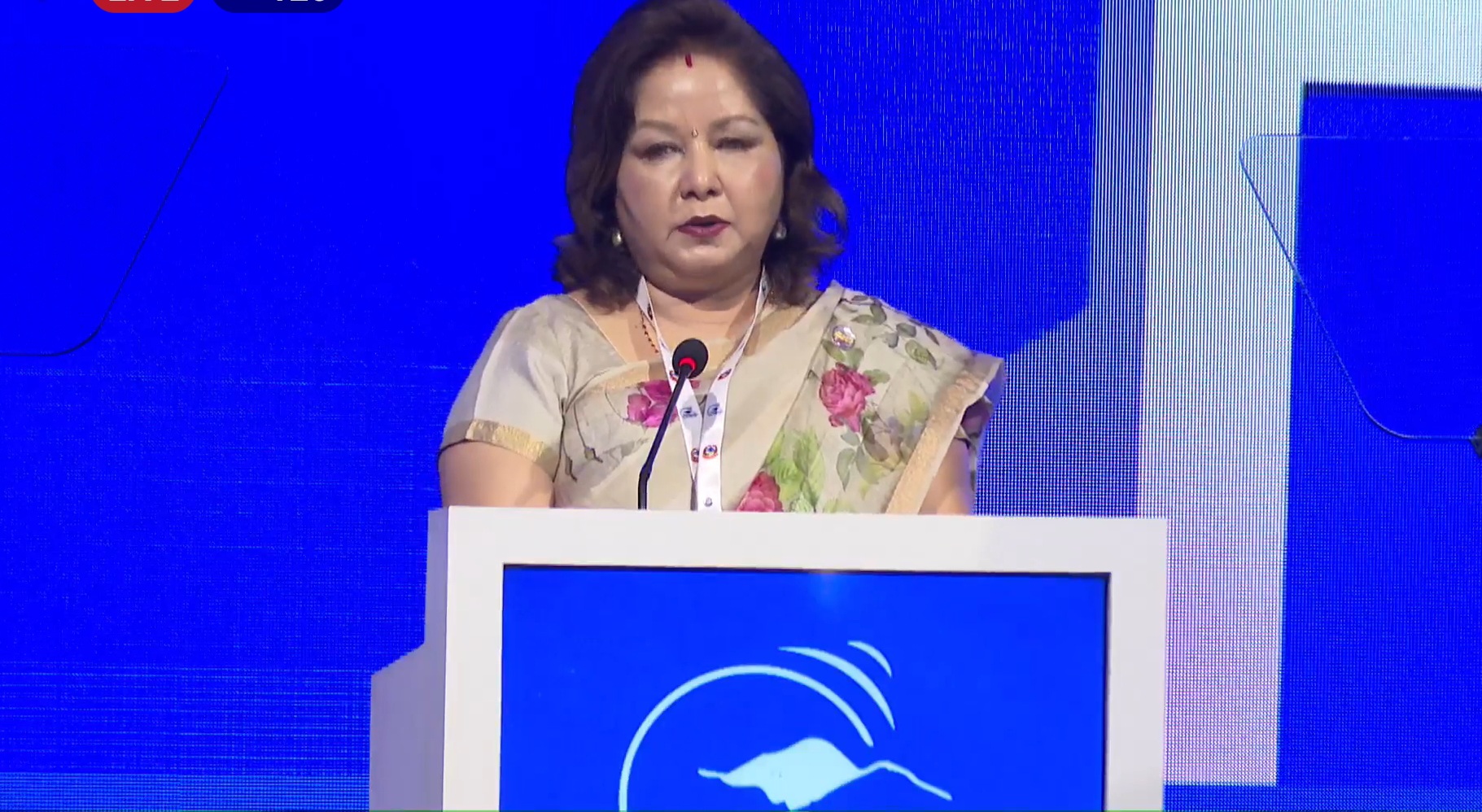
In her keynote address, Dr. Deuba emphasized the dire climate threats facing Nepal and other mountainous countries. “As conscientious custodians of our rivers, forests, and mountains, we contribute more than our due share to the health of the planet. However, we are forced to face a heavy and disproportionate burden of the negative impacts of climate change,” she said.
Highlighting the accelerating retreat of Himalayan glaciers, increasing incidents of glacial lake outburst floods, and the cascading impacts on mountain communities, Dr. Deuba called it a “grave injustice” that demands urgent international attention and action.
Mountains as Global Climate Pillars
Describing mountains as “humanity’s shared global resources,” she noted their vital role in water security, biodiversity conservation, and climate stabilization. “The Himalayas, in particular, are integral to the earth’s natural cooling system,” she said, warning that the stresses they currently face are a clear sign of inadequate global climate action.
Dr. Deuba paid special tribute to local communities, especially women, youth, and indigenous groups in mountain regions, who she described as the “gentle caretakers of our natural world” and critical actors in the fight against climate change.
Nepal’s Commitments and Global Expectations
The Foreign Minister reaffirmed Nepal’s commitment to achieving net-zero greenhouse gas emissions by 2045, citing progress through hydropower expansion and successful community forestry programs. She also highlighted Nepal’s Local Adaptation Plans for Action (LAPA) and National Adaptation Program of Action (NAPA) as key tools to address climate vulnerabilities.
However, she stressed that Nepal’s efforts alone are not enough. “The cascading impacts of global warming and climate change far exceed our capacity and resources,” she warned, urging the global community to ensure predictable climate finance and an operational Loss and Damage Fund for vulnerable nations.
A Call for Global Solidarity
Quoting the ancient Atharva Veda — “Maata Bhoomi Putrohum Prithviyah” (The Earth is my mother; I am her child) — Dr. Deuba called for a global alliance based on justice, solidarity, and shared responsibility.
She encouraged participants to use the Sambaad as a platform to explore the interlinkages between climate change and global issues such as migration, food insecurity, disaster risk, and peace and stability.
Concluding her remarks, Dr. Deuba expressed hope that the three-day summit would “spark fresh ideas, foster cooperation and mobilize greater political will” to combat the existential threat of climate change.
Similarly, Climate expert of the President of Azerbaijan, the country hosting COP 29, Indian Minister for Environment, Forest and Climate Change Bhupender Yadav and Xiao Qi, Vice Chairperson of the Standing Committee of the Chinese People’s Congress also addressed the program and have extended their best wishes.
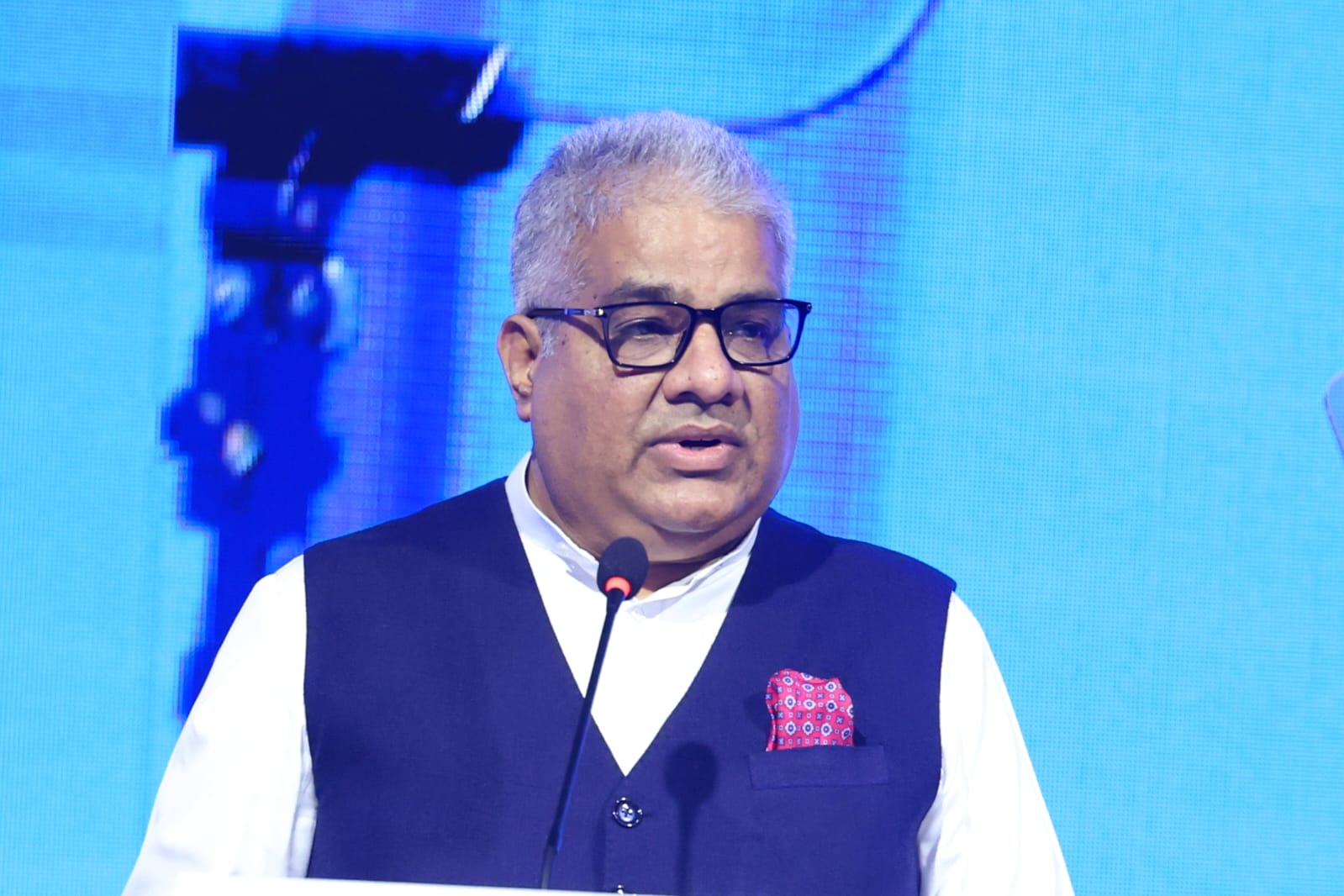
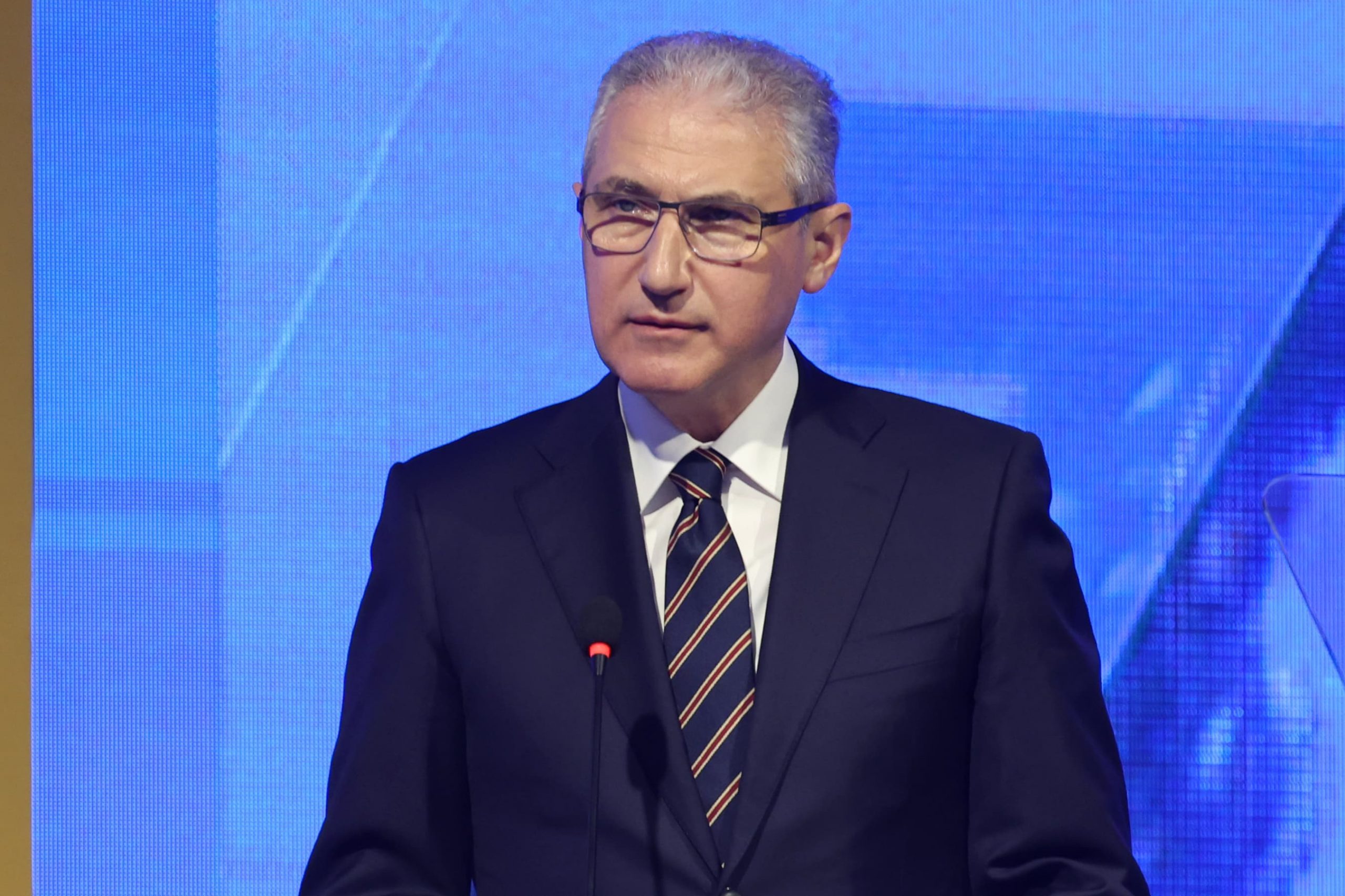
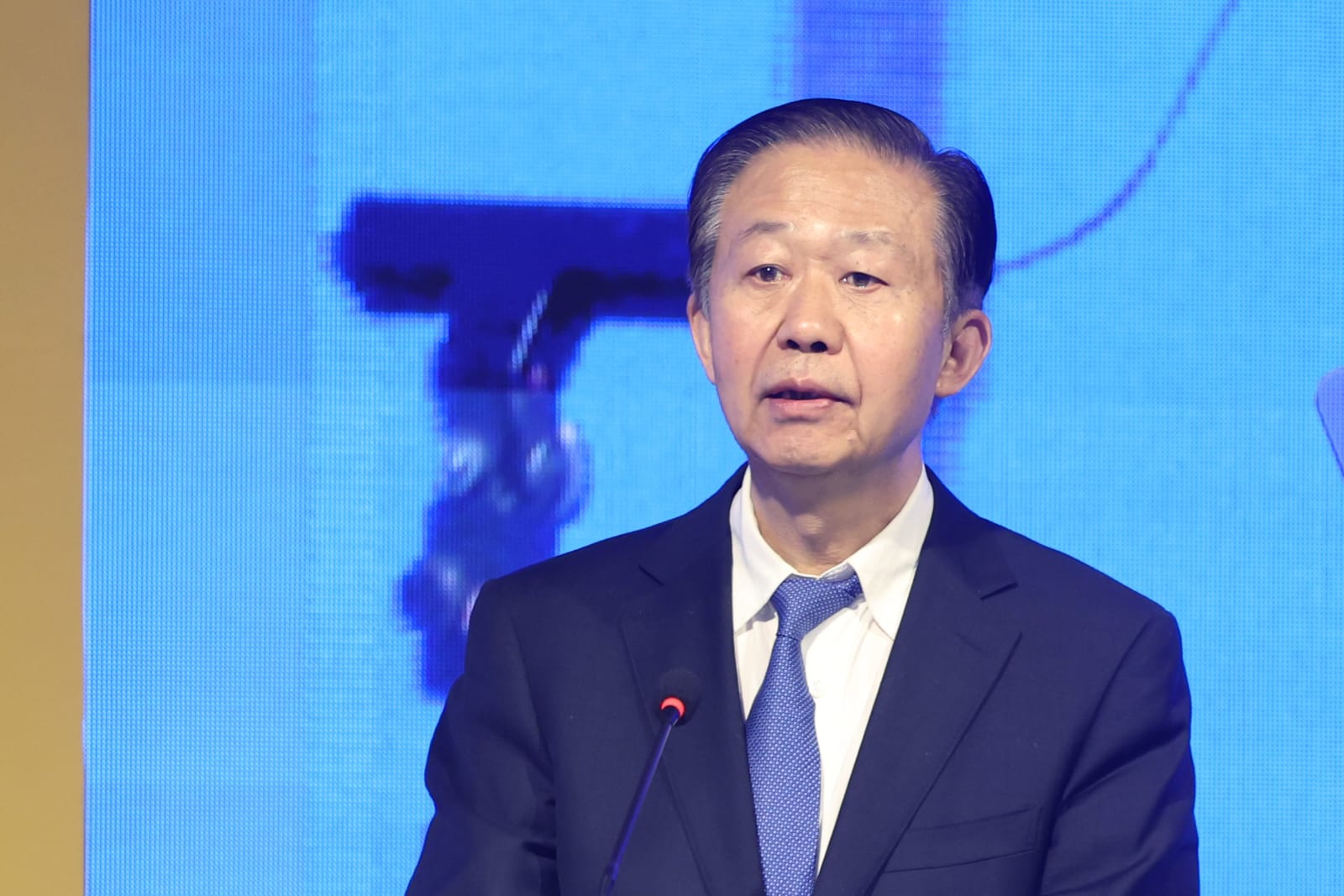




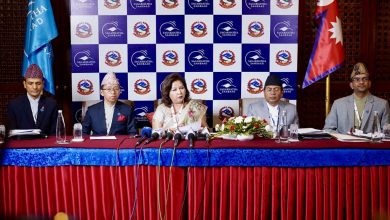
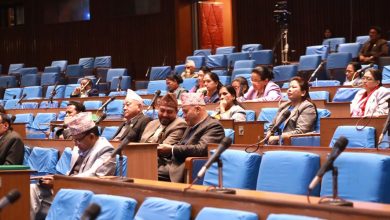
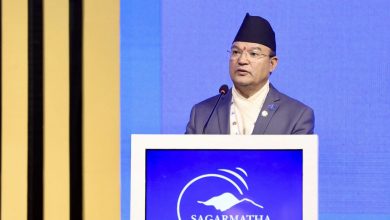
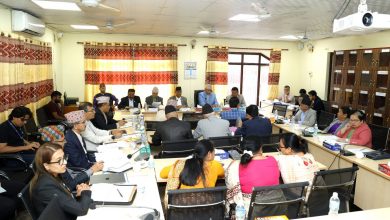
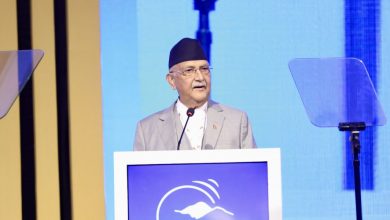
Comments